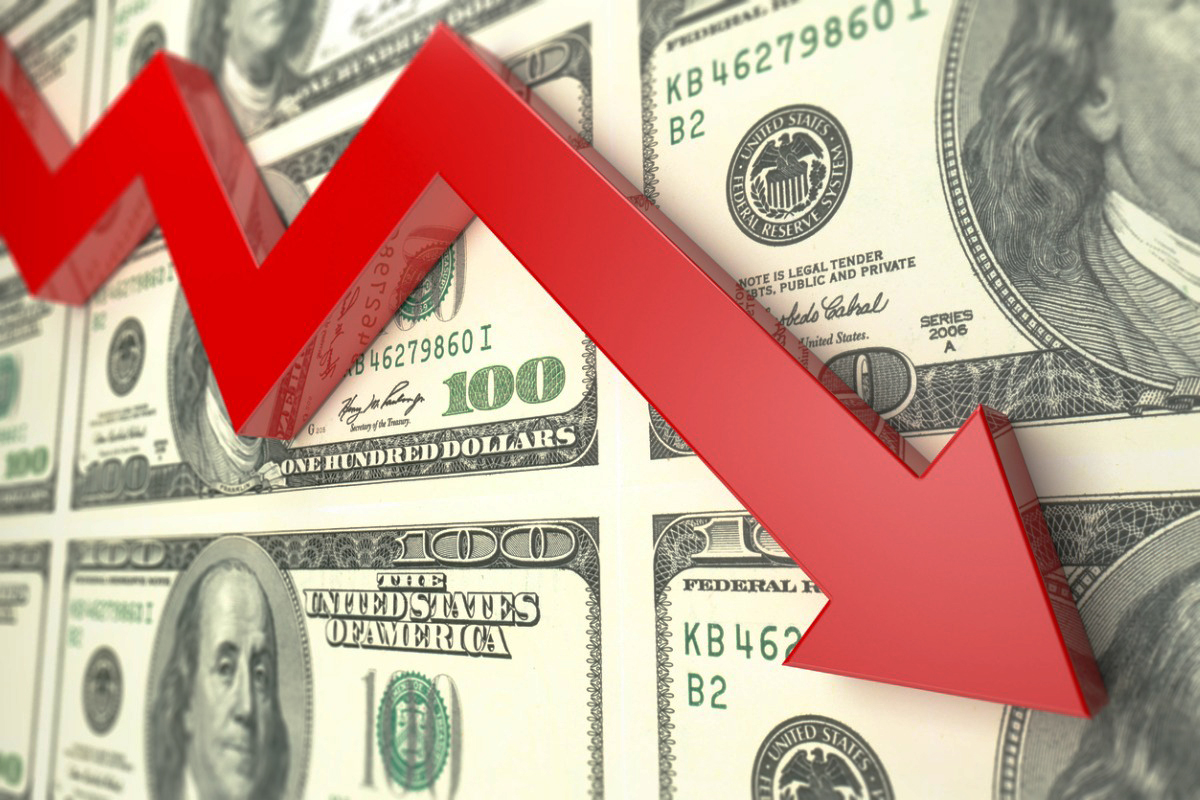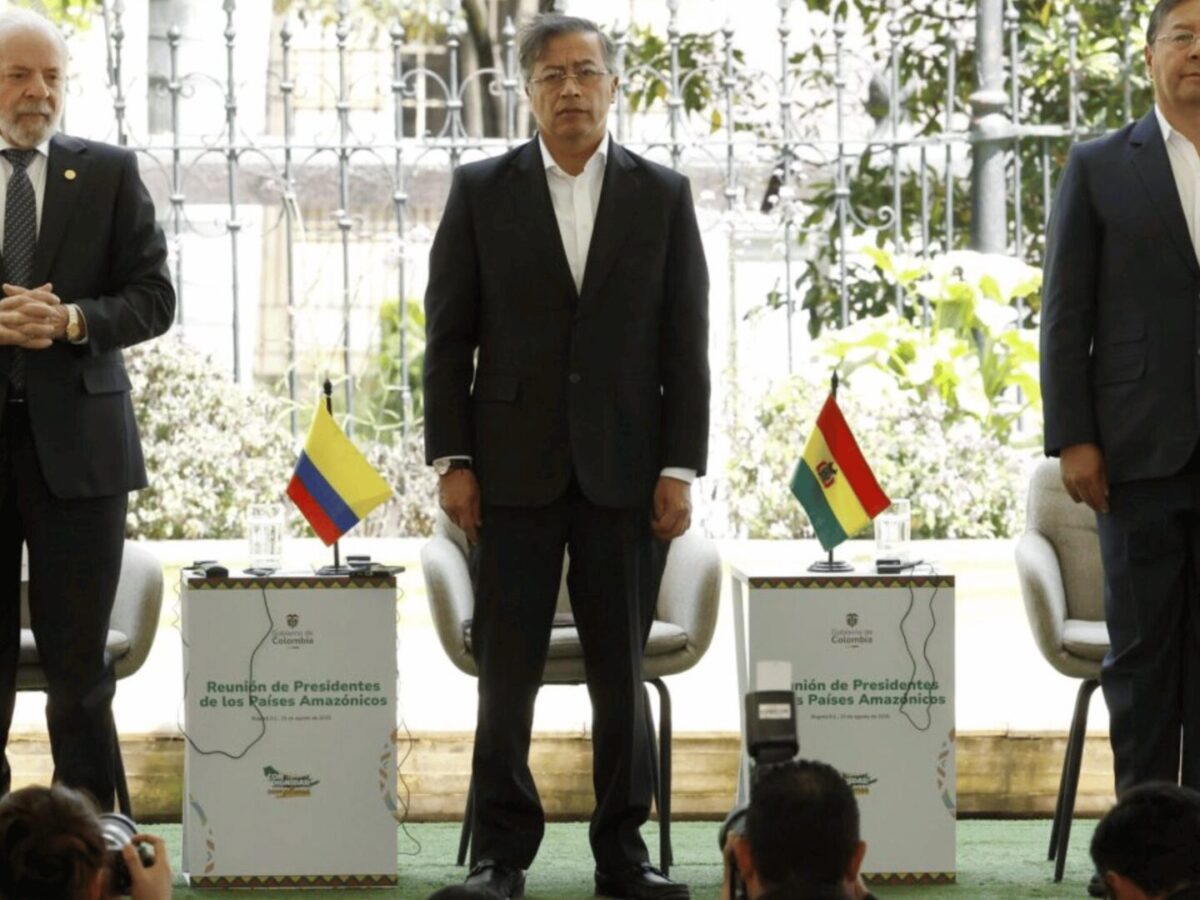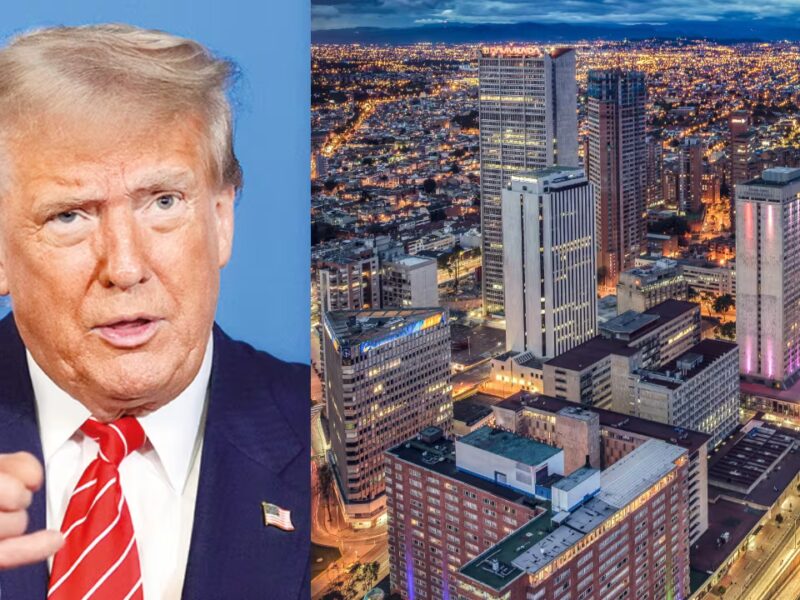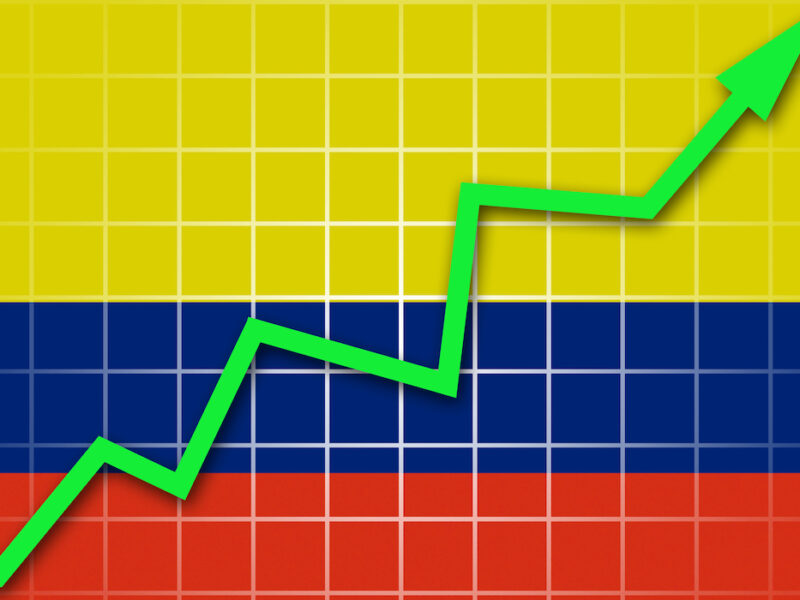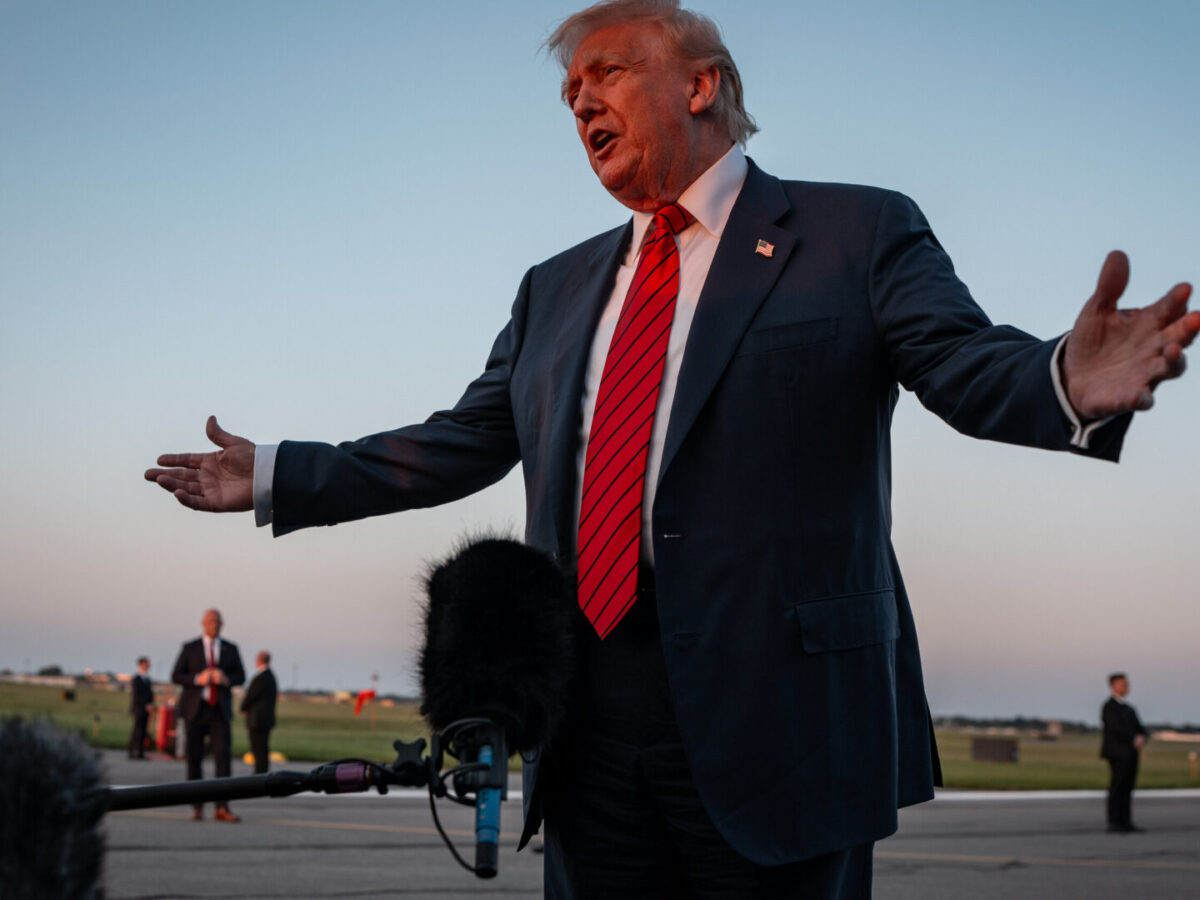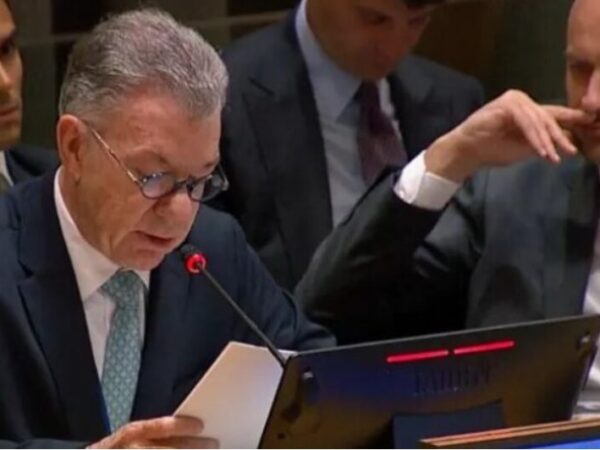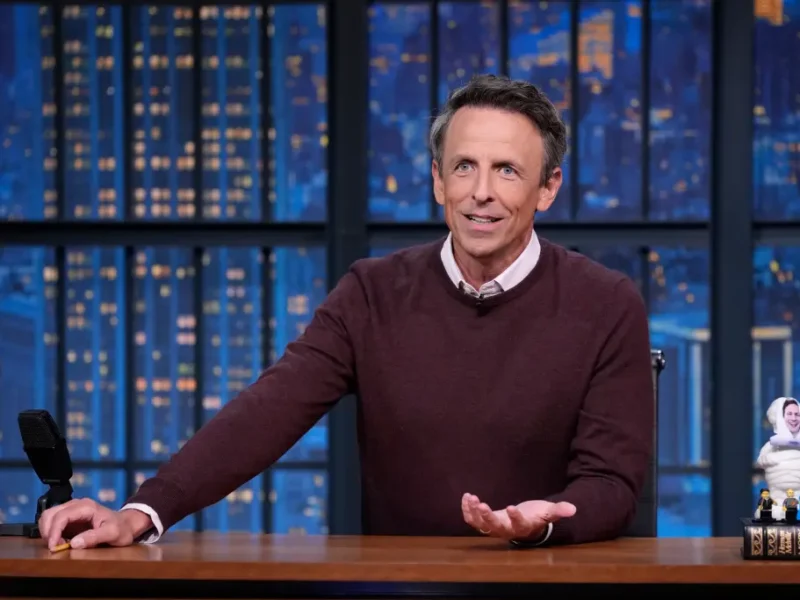Could the euro challenge the dollar as the world’s reserve currency? Shifts in global finance suggest a potential power transition. Here's what it means for the future.
The U.S. dollar has long stood as the undisputed titan of global finance, underpinning everything from international trade to central bank reserves. But a series of economic and geopolitical shifts suggest that its dominance may no longer be as secure as it once was. With the euro gaining traction in several strategic areas, the global financial landscape might be on the cusp of a major transformation.
While the dollar still makes up over half of international reserves, recent trends hint at a subtle but significant change. Central banks are diversifying their holdings, and economic blocs are exploring alternatives that reflect a multipolar world. If momentum continues, the balance of power in global finance could tilt in surprising directions.
What Makes a Currency the Global Standard?
A global reserve currency is a currency held in significant quantities by governments and institutions as part of their foreign exchange reserves. It is widely used for international transactions, investments, and all aspects of the global economy. Since the Bretton Woods Agreement in 1944, the dollar has held this position with unmatched strength. According to late 2024 figures from the IMF, the dollar constitutes 54% of global reserves, while the euro trails at 19%.
However, trust is the cornerstone of any currency’s value. In a world where paper money isn’t backed by gold or tangible assets, its worth relies on confidence. The more trust in the issuer’s economic and political stability, the stronger the currency.
Recent developments have started to shake this confidence in the dollar. U.S. domestic politics, rising debt levels, and increasing protectionist measures are contributing to a narrative of uncertainty. In contrast, the European Union is quietly positioning the euro as a more stable, cooperative alternative.
The “Exorbitant Privilege” of Dollar Dominance
Being the issuer of the world’s main reserve currency confers immense advantages. The United States enjoys lower borrowing costs, heightened demand for its treasury bonds, and the ability to trade and borrow in its own currency with relative ease. This monetary dominance allows it to run larger deficits without immediate repercussions.
But these benefits come with strings attached. A strong dollar makes U.S. exports more expensive, potentially hurting domestic industries. More importantly, overreliance on its reserve status has led to complacency in fiscal policy, contributing to mounting debt and a shaky long-term outlook.
French economist Valéry Giscard d’Estaing famously described this situation as an “exorbitant privilege.” In recent years, even allies have begun to question the sustainability of this model. The erosion of democratic norms, debates over debt ceilings, and unilateral economic policies have all weakened the image of the dollar as a dependable anchor.
Could the Euro Replace the Dollar?
While the idea might have seemed implausible a decade ago, the euro is emerging as a serious contender. It benefits from a large and affluent economic zone, a strong regulatory framework, and increasing use in global trade agreements.
Nevertheless, challenges remain. The eurozone’s lack of a unified fiscal policy, internal political friction, and smaller financial markets compared to the U.S. limit its potential. Yet, the same uncertainty plaguing the U.S. could be tipping the scales. China’s interest in settling trade in euros and other currencies, along with moves by nations like Russia and Brazil to reduce dollar dependence, signal a broader shift.
Even subtle rebalancing can have outsized effects. As central banks diversify reserves and major economies push for financial autonomy, the euro could increasingly serve as a counterweight. This doesn’t imply an immediate overhaul, but the direction of travel is clear.
Is the World Ready for a Post-Dollar Era?
The decline of the British pound in the early 20th century and the rise of the dollar post-WWII show that dominant currencies can and do change. History doesn’t repeat, but it often rhymes. We may now be witnessing another such inflection point.
While the euro might not fully displace the dollar anytime soon, its rising role is unmistakable. This slow, deliberate shift suggests that a new global financial system could emerge in our lifetimes—one that is more balanced, multipolar, and adaptive to the complexities of the 21st century.
Other News To Read


